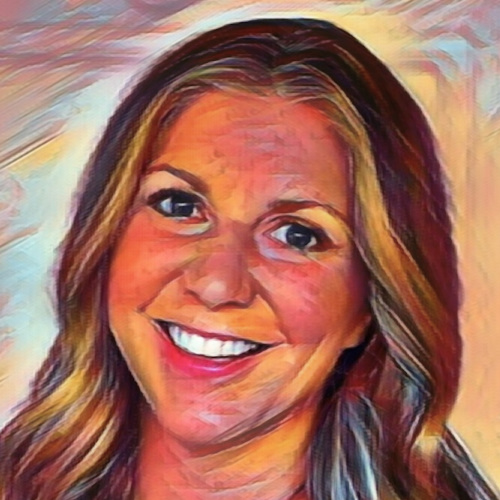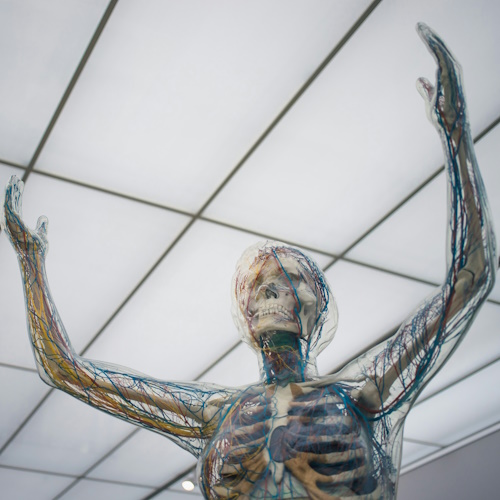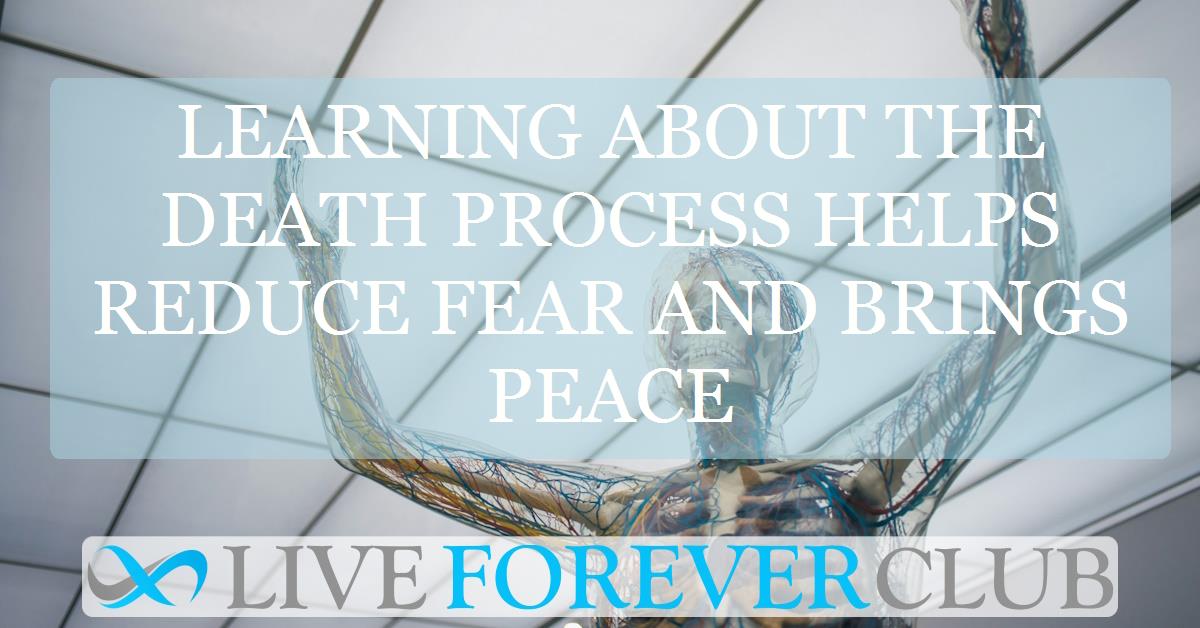Key points from article :
Recent study explores the idea that learning about death can reduce fear and confusion around dying. It features insights from hospice nurse Julie McFadden who explains what typically happens as the body prepares to shut down. The process starts with a “transition phase,” which includes reduced appetite, more sleep, and a withdrawal from the world. This happens gradually and may go unnoticed, especially in people with conditions like dementia.
As death gets closer, people enter the “active dying” stage. They often become unconscious, and their breathing and heart rate turn irregular. Some may even experience a brief moment of clarity and energy known as “the rally” just before passing. Hospice workers sometimes invite music-thanatologists, who use instruments like harps to calm the body’s rhythms during this time. People may also report visions or hallucinations involving loved ones.
In the final hours, the body can no longer clear saliva, leading to the "death rattle" – a gurgling sound from the throat. While this can sound distressing, experts clarify it doesn’t hurt. McFadden compares the dying person to a baby who communicates through subtle signs instead of words. She watches closely for facial expressions or muscle tension to guide care.
Co-creator of Dying for Sex, Kim Rosenstock, says media rarely shows death as anything but tragic. The show aimed to make it feel more normal. Molly Kochan, the woman whose life inspired the show, recorded her dying process through a podcast. Her openness helped many confront death with less fear and more understanding.
Experts call this knowledge “death literacy.” Studies show people feel calmer when they know what to expect. Not everyone wants to know, though. Some find peace in avoiding details, and experts respect that. But for those who do seek answers, education can offer comfort and a sense of control.
The research highlights one key idea: we are designed to die just as we are designed to be born. Understanding this natural process helps many people live better and face the end with less fear.






